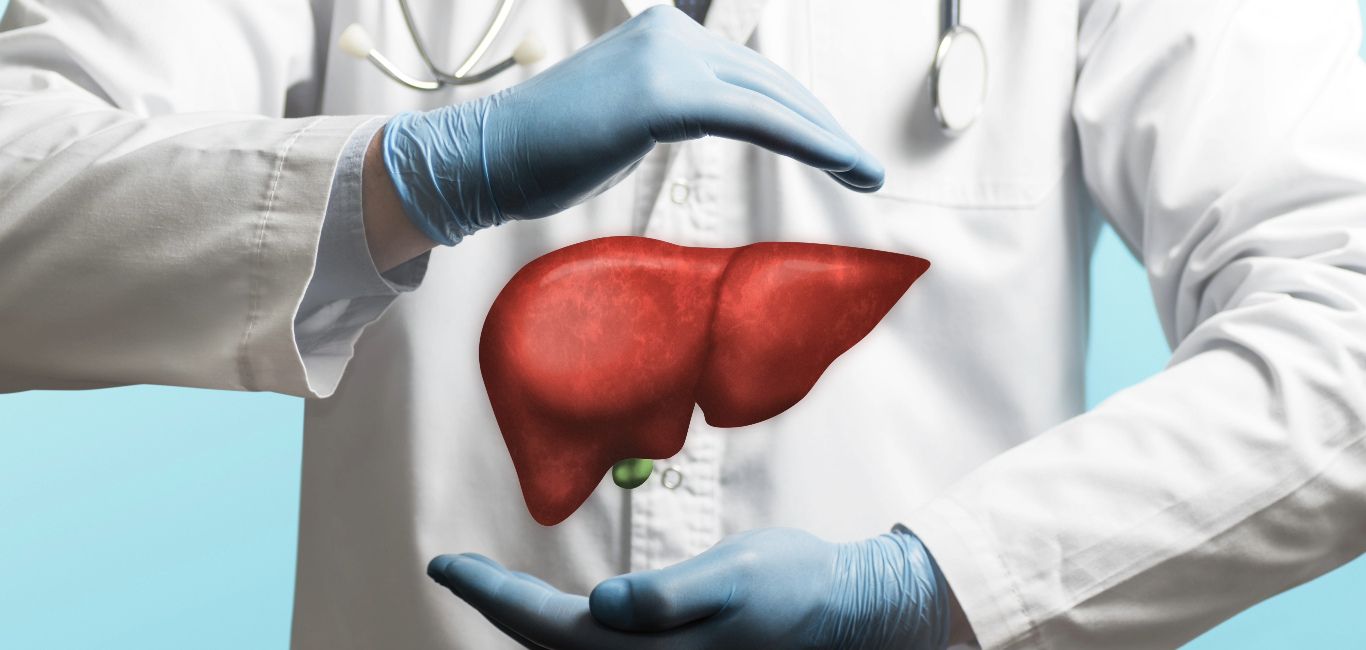
For parents of children facing acute liver failure, it is an agonising wait filled with uncertainty — will their child’s health deteriorate to the point of needing a liver transplant to survive? A free web tool aims to provide clarity in a time of crisis and taking a decision.
Developed by researchers at Children’s Hospital Los Angeles (CHLA), Los Angeles, California, USA, the innovative CHALF score platform can accurately predict whether a child’s liver will recover on its own or if an emergency transplant is needed.
While the tool is not a crystal ball, its algorithmic assessment of factors like liver function gives worried families and doctors extra insight, potentially saving children from unnecessary transplants. For parents keeping vigil at hospital bedsides, the CHALF score provides a data-driven compass pointing towards the best path in a landscape fraught with life-changing decisions.
Burden of acute liver failure
Paediatric acute liver failure is a severe condition where a previously health child’s liver function suddenly start falling. With blood clotting mechanisms compromised, brain function is also impaired leading to hepatic encephalopathy. This can happen much faster compared to children having chronic liver disease.
While viral hepatitis, drug-induced liver failure, Wilson’s disease or autoimmune hepatitis can trigger paediatric acute live failure, about half the time no clear cause is found.
Current tools not enough
When a child with acute liver failure is admitted to hospital, doctors have a short window to decide if a liver transplant is needed or not. Many children with this condition end up on the transplant waiting list each year.
“The liver has the potential to regenerate, unlike most other organs in the body,” says Dr Juliet Emamaullee, transplant surgeon at CHLA. However, it is hard to predict whether persons with the condition will get so sick they need an emergency transplant, or if their liver can recover on its own, she adds.
25% of children with acute liver failure need transplant
Generally, clinicians do not refer children with acute liver failure for a liver transplant which can survive with treatment. About 70 per cent of such children recover with medical treatment with their liver intact.
However, in 25 per cent of cases a liver transplant is required. Determining the condition of such children is very crucial. About 10-15 per cent of them may not survive if their condition deteriorates too much for a liver transplant, or if a liver for transplant is not available in time.
While there are many decision support tools for liver transplants, they do not work optimally in acute paediatric cases as these were developed for quite different purposes.
For example, Kings College Hospital Criteria (KCHC) is designed for adults and not for children. The paediatric end-stage liver disease (PELD) score was created for children with chronic liver disease. The liver injury unit (aLIU) score is based upon laboratory results at the time of admission. None of them can exactly determine the condition of children with acute liver failure.
Life-long care is needed
A liver transplant is a major operation that commits them to lifelong immunosuppressant drugs, among other issues, says Dr Emamaullee.
“We are always playing a guessing game. And of course, for safety’s sake, we err on the side of trying to transfer and list the child [for transplant] as fast as possible,” says study co-author Dr Rohit Kohli, chief, Division of Gastroenterology, Hepatology and Nutrition at CHLA, in a statement.
How CHALF score was created
According to the study, the CHALF tool was developed by creating a machine learning based model to determine the need of liver transplant in children with acute liver failure. Dr Emamaullee says, “To develop the CHLA-ALF (CHALF) score we evaluated many clinical variables such as demographics and laboratory test results such as total bilirubin, ammonia and albumin at admission time point, which is easiest to standardise and most impactful for clinical decision making.”
The model was trained on results of tests obtained from 147 children, who had acute liver disease and who were treated at CHLA.
It was further validated in a larger group of 492 cases in the multi-centre National Institute of Health (NIH) Paediatric Acute Liver Failure Study Group (PALFSG). From the results obtained, the team designed the CHALF score which assesses the risk of liver failure on a scale of five to 60.
“Once the CHALF score nears or exceeds 30, urgent transplant evaluation should be prioritised so the child can be rapidly placed on the waitlist,” explains Dr Emamaullee. This allows close monitoring to determine if transplant is required.
“So far, the CHALF score has proven highly accurate in practice at CHLA, correctly predicting outcomes in over 15 persons with acute liver failure,” she says. It also outperforms other paediatric decision tools like PELD and aLIU.
A heartening outcome
“There are several possibilities for ongoing research [to use] the CHALF Score. We are investigating if it might be applied to [adults having] acute liver failure,” says Dr Emamaullee. “We are also interested in [knowing] how it relates to different types of acute liver failure as well as how it might be used as an ongoing assessment tool beyond the time of [hospital] admission,” she adds.
The CHALF score is now being shared with medical teams across the world. “Because we have already externally validated it with a big data set from a multi-centre study, people can start using it now,” Dr Emamaullee says with hope.

















